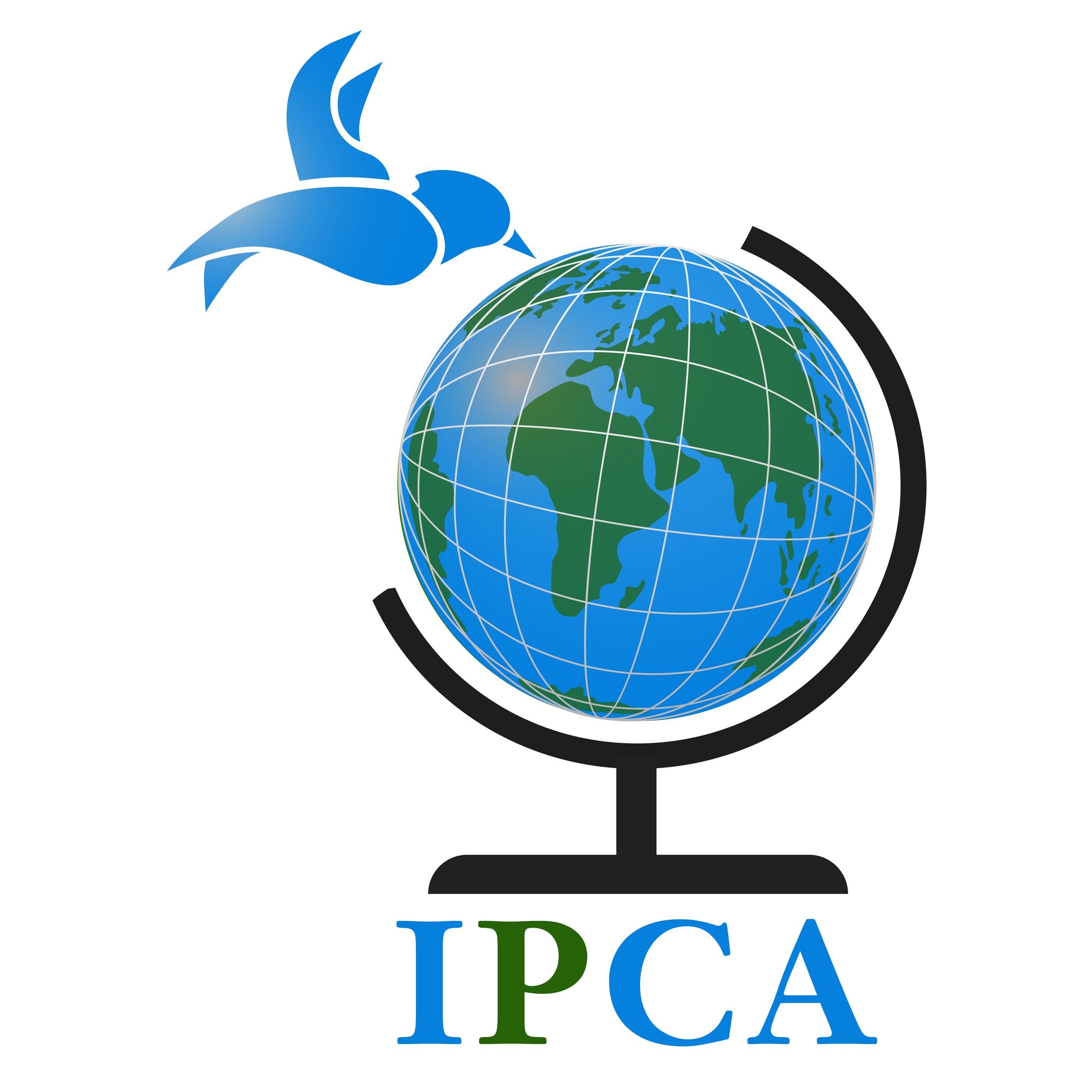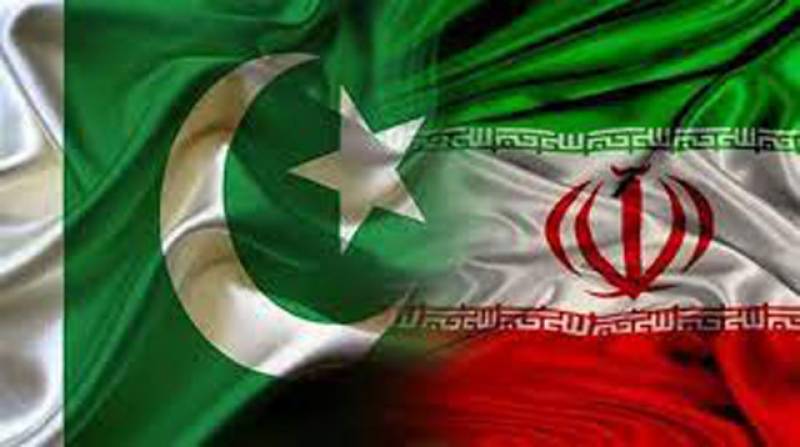The relationship between Iran and Pakistan is multi-faceted, encompassing a rich cultural heritage and a shared history that dates back to centuries. This relationship is strengthened by geographical proximity of the two nations, as they share a 900 km long border in Balochistan region, which is home to a rich and diverse ethnic and cultural population. The two nations are connected by a vital trade route, called East-West Corridor, which runs from the Caspian Sea to the Arabian Sea and is considered to be one of the two great energy routes of the world. This route is of immense importance for both nations, as it provides a direct link between the energy resources of Central Asia and the lucrative markets of South Asia and beyond. In recent years, the relationship between Iran and Pakistan has taken on a more political and economic dimension, as both nations work together to address the common challenges and capitalize on new opportunities.;
The evolution of Pakistan-Iran relationship can be studied in four significant phases:
- The Early Years
- The Cold War Era
- The Post-Cold War Era
- The Modern Era
The first phase of Pakistan and Iran’s relationship is often remembered as a time of close friendship and cooperation. This period, which took during the early years of cold war after the independence of Pakistan is referred to as the “Golden Period”. One of the defining moments of this era was Iran becoming the first country to recognize Pakistan as a sovereign state just after its formation in 1947, and Pakistan reciprocated it by recognizing the sovereignty of Islamic Revolution in 1979. This mutual recognition of sovereignty set the foundation for a strong and lasting relationship between the two nations. In 1958, the Shah of Iran, became the first statesman to visit Pakistan, further cementing the bond between both nations as they reached an agreement on their common border, which brought a great relief to Pakistan as it was facing border disputes with India and Afghanistan.
The second phase of Pakistan and Iran’s relationship was marked by significant political changes in both countries. The fall of Zulfiqar Ali Bhutto’s regime in Pakistan and the Shah Raza’s regime in Iran led to new paradigms in their relationship. The Islamic Government in Iran had severed ties with the USA. Both nations withdrew from CENTO military alliance as well. Despite these changes, the two countries worked together to fight against Soviets in Afghanistan. Pakistan even took care of Iran’s diplomatic interests in the USA through its embassy in Washington, DC after diplomatic ties between USA and Iran were affected in 1979’s Iranian Revolution. From 1989 to 2000, the relationship between both countries became competitive, especially in terms of their regional pursuits. Pakistan’s role in establishing peace in post-Soviet Afghanistan helped increase its influence in the region, which in turned heightened the rivalry between both nations.
The third phase has been marked by the events of 9/11. The aftermath of the attacks saw the world becoming a more complex and interconnected place, with new challenges emerging at every turn. Despite facing challenges such as Iran’s isolationist policies and the sanctions imposed by the West, aimed at preventing Iran from acquiring nuclear technology, a move that was seen by many as necessary to prevent the proliferation of weapons of mass destruction in the region. The relationship between both states improved during the later years of the Pakistan People’s Party’s government. Pakistan faced international pressure to withdraw from Iran-Pakistan gas pipeline project, but it didn’t cave to the pressure and instead had to discontinue its operations. This reflected the strength of bilateral relations between Pakistan and Iran.
The fourth and the current phase of Pakistan and Iran’s relationship began in 2013 with the Iran’s restructuring of its foreign policy and the ratification of the Joint Comprehensive Plan of Action (JCPOA) also known as the Interim Nuclear Deal with P5+1. This deal imposed strict limitations on Iran’s nuclear program and aimed to reduce the level of enrichment and discourage reprocessing. During this phase, Pakistan hoped to move forward with the Iran-Pakistan pipeline project, but eventually came to understand that secondary sanctions from the USA were still in place and that it had to take into account the concerns of other players as well.
Future Prospects
The current state of Pakistan Iran relations is an important consideration as there are several factors that could lead to closer cooperation between the two nations. The US withdrawal from Afghanistan has created new opportunities for both states to work together, especially with the recent formation of China-Iran 25-year comprehensive partnership. This partnership could bring new opportunities to Tehran as Pakistan is closely aligned with China. It is worth noting that China, Iran, Pakistan and Afghanistan have potential to work together to enhance its connectivity and build strong ties. Iran has always been a strong supporter of the Kashmir cause and has repeatedly voiced support for the innocent people of Kashmir. While on the other hand, Pakistan, also supported Iran’s stance on JCPOA despite USA opposition.
In the future, there may be more opportunities for cooperation between Iran and Pakistan as they continue to work together to improve connectivity through roads and rails. This includes the aim of upgrading the 700 kilometers Quetta-Taftan Highway and the improvement of facilities at border crossing points. The Pakistan Iran border has been named as “Border of Peace” which depicts the friendship and love between both states.
The post 9/11 strategic environment in the region has affected the relations. To maintain cooperation, it is important to ensure intelligence sharing and mutual trust, as well as to focus on uplifting the socio-economic prospects of deprived societies. Fortunately, Pakistan and Iran have no significant territorial disputes. In short, the appropriate way to maintain cooperation between both states is to keep things in check and to focus on the areas of interests. This can be achieved by prioritizing efforts to improve connectivity, enhance trade ties, and promote peace and stability in the region.
The writer is currently studying at Fatima Jinnah Women University.




